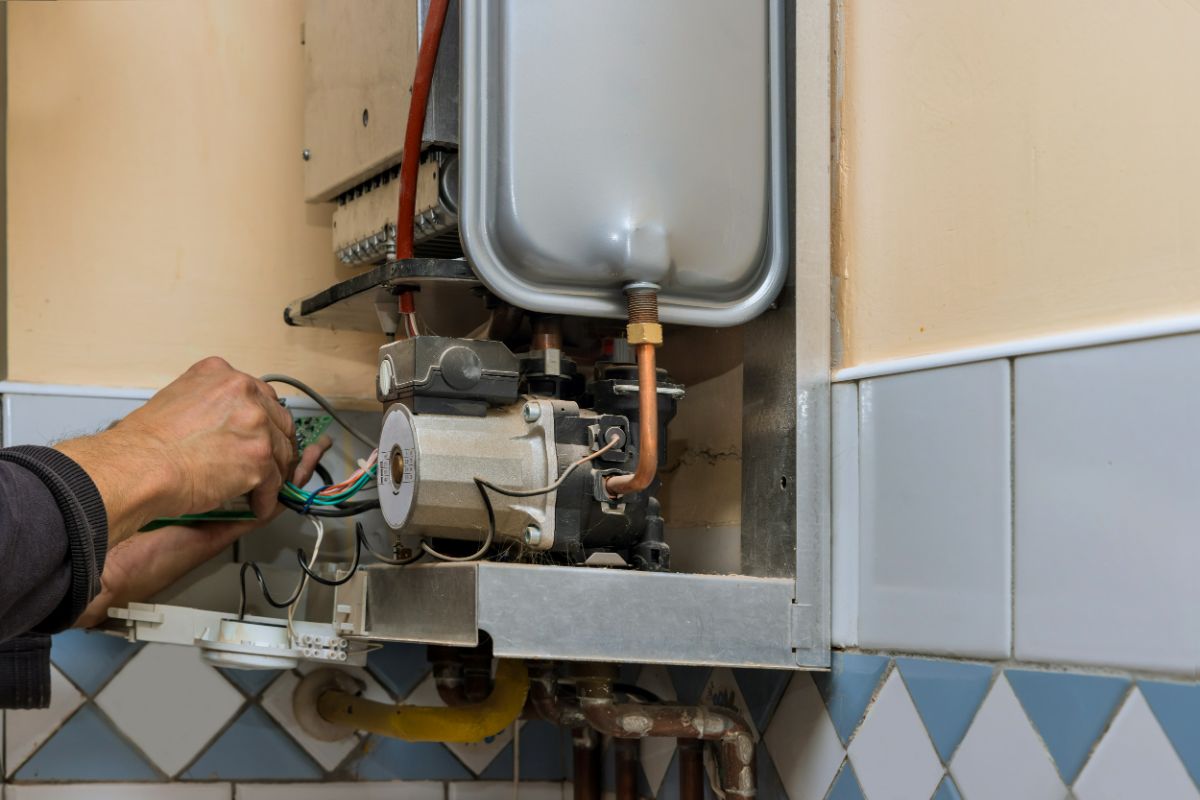Effective Methods to Care for Your Home's Hot Water System SuccessfullyImportant Advice on Caring for Your Home's Hot Water System
Effective Methods to Care for Your Home's Hot Water System SuccessfullyImportant Advice on Caring for Your Home's Hot Water System
Blog Article
Are you currently interested in details about Tips on Maintaining a Water Heater?

Warm water is vital for everyday comfort, whether it's for a revitalizing shower or cleaning meals. To ensure your warm water system runs successfully and lasts longer, normal upkeep is crucial. This short article provides functional suggestions and insights on just how to maintain your home's warm water system to avoid disturbances and expensive repair work.
Intro
Preserving your home's hot water system could appear challenging, but with a couple of easy steps, you can guarantee it operates efficiently for many years to come. This overview covers whatever from understanding your hot water system to DIY upkeep suggestions and recognizing when to hire professional aid.
Relevance of Keeping Your Hot Water System
Regular upkeep not just extends the life expectancy of your hot water system yet additionally ensures it operates successfully. Ignoring maintenance can lead to lowered effectiveness, higher power expenses, and even early failing of the system.
Indications Your Hot Water System Demands Maintenance
Knowing when your warm water system needs attention can stop major problems. Look out for indicators such as irregular water temperature, weird noises from the heating system, or rustic water.
Understanding Your Warm Water System
Before diving right into maintenance jobs, it's valuable to understand the standard components of your warm water system. Usually, this includes the water heater itself, pipelines, anode poles, and temperature controls.
Regular Monthly Upkeep Tasks
Regular regular monthly checks can aid catch minor issues prior to they rise.
Flushing the Water Heater
Purging your hot water heater removes debris build-up, improving effectiveness and extending its life.
Monitoring and Replacing Anode Rods
Anode rods stop deterioration inside the tank. Examining and changing them when broken is crucial.
Examining and Changing Temperature Level Setups
Adjusting the temperature settings makes sure optimum performance and safety.
DIY Tips for Maintenance
You can do numerous upkeep tasks yourself to keep your hot water system in top condition.
Looking for Leakages
Consistently inspect pipes and connections for leaks, as these can result in water damage and greater expenses.
Checking Stress Alleviation Valves
Examining the stress safety valve guarantees it operates correctly and prevents excessive pressure buildup.
Insulating Pipes
Insulating hot water pipes reduces heat loss and can save power.
When to Call a Specialist
While do it yourself upkeep is valuable, some concerns call for specialist expertise.
Facility Problems Needing Expert Assistance
Examples include major leakages, electric troubles, or if your hot water heater is constantly underperforming.
Regular Expert Maintenance Benefits
Professional upkeep can consist of complete evaluations, tune-ups, and ensuring conformity with security requirements.
Conclusion
Regular upkeep of your home's warm water system is vital for efficiency, longevity, and price financial savings. By complying with these suggestions and knowing when to look for expert help, you can ensure a trusted supply of warm water without unforeseen disruptions.
How to Maintain and Troubleshoot Your Heat Pump Water Heater
Know Your Water Heaters Error Codes and How to Clear Them
If your unit is WiFi-enabled, pay attention to the notifications your water heater system sends you and make sure to read and investigate error codes as soon as possible. If your machine has an error code readout on the unit, use your owner’s manual for the hot water heater and find out what the codes mean and how they might be affecting your water heating system. Follow the manufacturer’s directions to assess the issue and clear the code, or call a licensed plumber to take care of that for you.
Change Your Filters Monthly or As-Needed
Heat pump water heaters come equipped with an air filter, usually on the top of the unit where the water heater pulls air into the compressor. Check the filter every few months (put a reminder in your smartphone to make sure you don’t forget!). This will keep peak air flowing into your unit, helping it to work as efficiently as possible and resulting in energy savings over time.
Clean the Condensate Lines
Heat pump water heaters have a condensate drain. As the unit dehumidifies the surrounding area, the moisture has to go somewhere! Make sure to clean this condensate line every year to ensure it doesn’t get backed up with sediment or mold.
To clean the condensate lines, pour a cup of bleach in the access opening of the unit to kill any mold or mildew. Check that the bleach or water flows freely out of the lines, and unclog the lines if needed.
Flush Your Heat Pump Water Heater Annually
Heat pump water heaters are also sometimes referred to as hybrid heat pump water heaters. This is because they contain a backup heating electric heating element inside the tank: the same kind of anode rods used in traditional electric water heaters. That anode rod can become corroded over time from the minerals in your water, and it can begin to decay, break entirely, or heat less efficiently as it becomes corroded. One way to minimize or avoid this corrosion is by flushing your heat pump water heater annually. Just like flushing standard electric or gas water heaters, flushing your water heater is something that any homeowner can DIY if they have a few basic tools and some gumption.
https://www.waterheatersnow.com/blog/how-to-maintain-and-troubleshoot-your-heat-pump-water-heater

We had been shown that article on What Kind of Maintenance Do Water Heaters Need? from someone on another web address. Enjoyed our content? Please share it. Let others check it out. I praise you for your time. Kindly come visit our site back soon.
Call Today Report this page